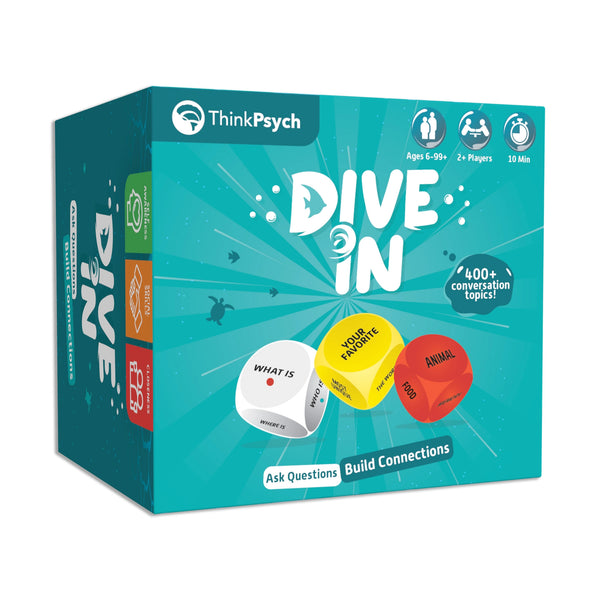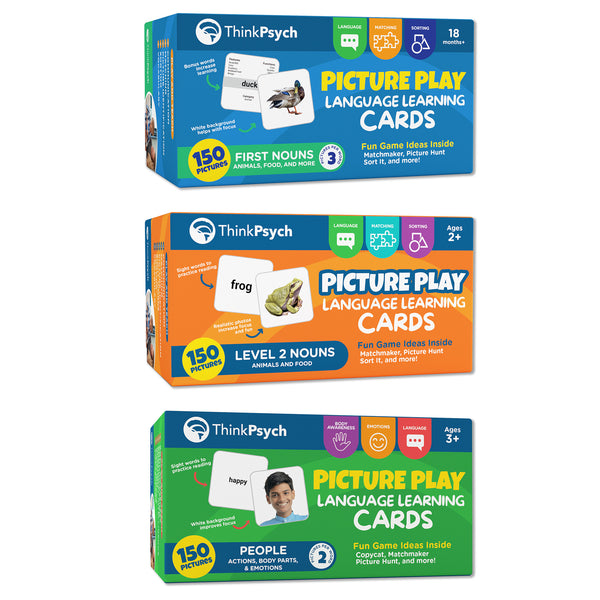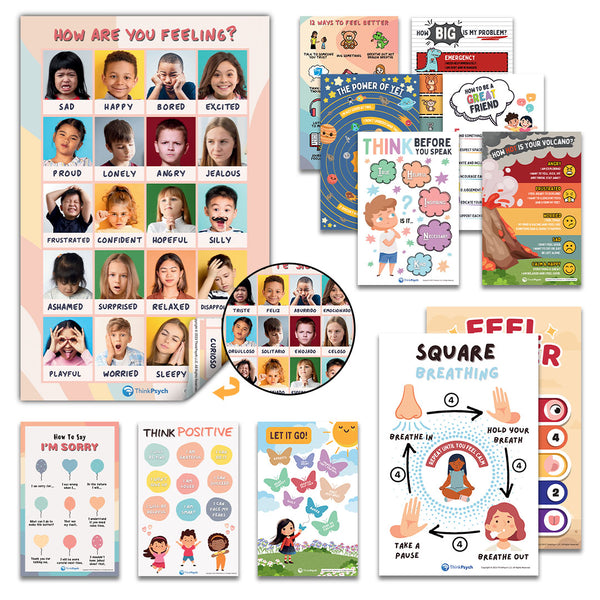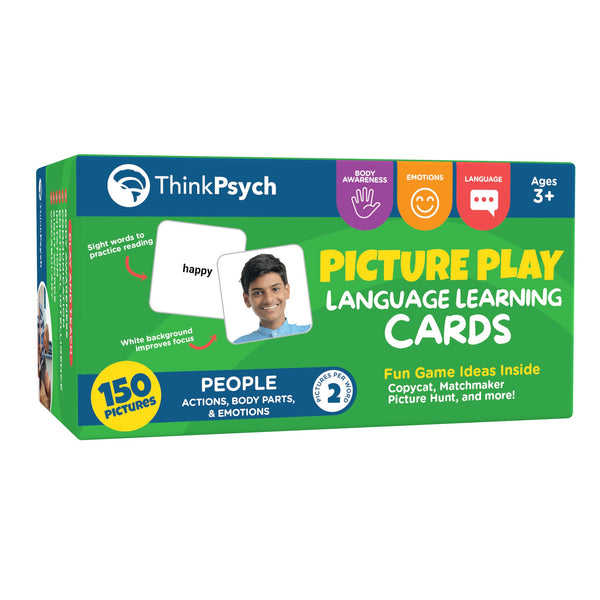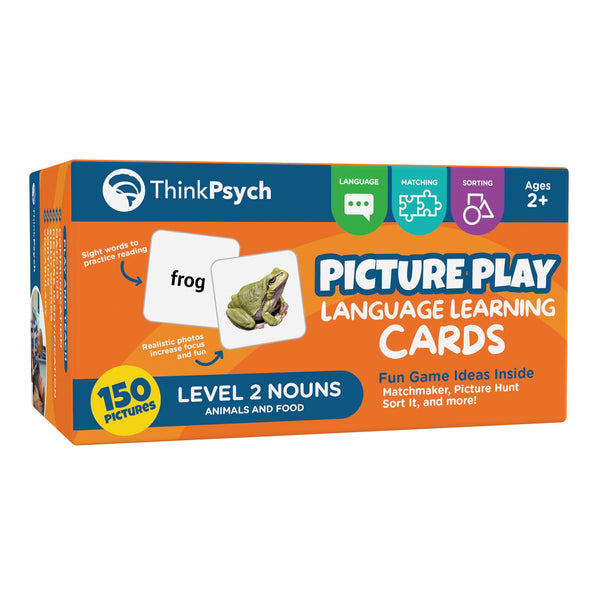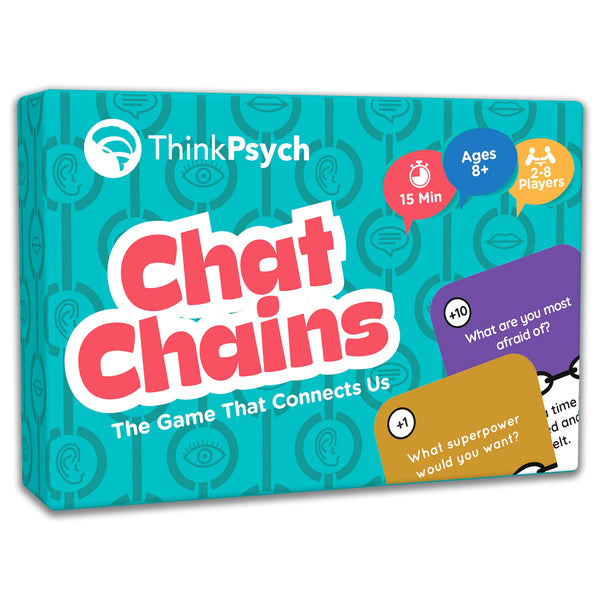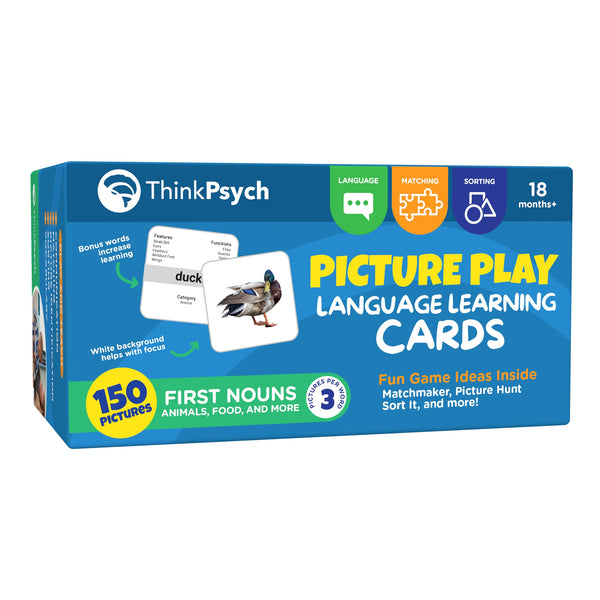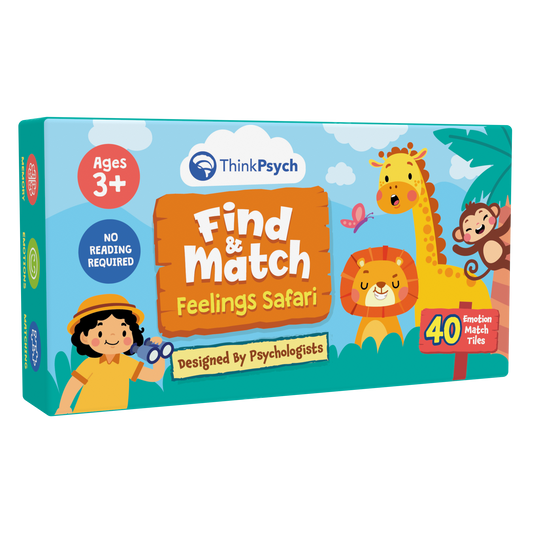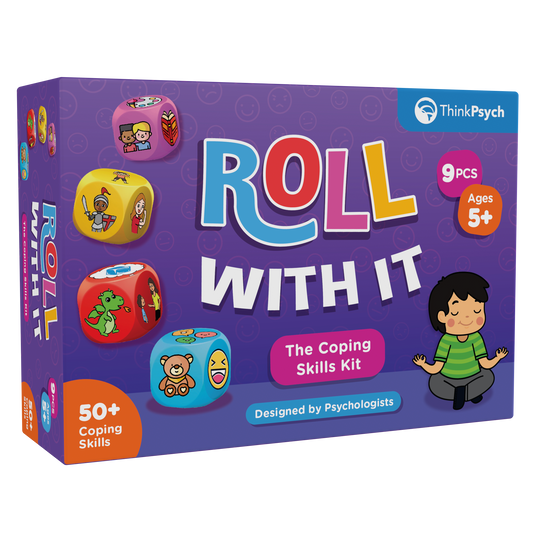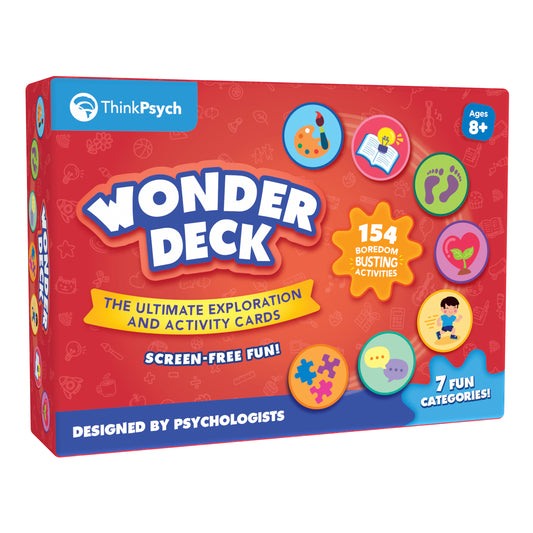
How to Break the Ice With an Untalkative Teen
Share
Raising a teen is hard, especially when they stop talking to you. If your teen is giving you the silent treatment, one-word answers and shrugs, you may feel ready-to-scream in frustration.
Hold it right there. Instead of lecturing your teen, take a deep breath. Your teen is going through a lot during this phase of development and it’s important to be intentional about how you communicate with them.
To break the ice with an untalkative teen, our experts at ThinkPsych have put together key strategies. We’ll go over some practical tactics and red flags to watch out for, as well as ideas to spend quality time with your teen.
Should You Worry About an Untalkative Teen?
It’s normal for teens to take a step back from family during this stage of development. Teens are establishing independence, forming their identity and making their own decisions. They’re also dealing with mood swings, building self-esteem and handling peer conflicts.
In other words, your teen is busy learning new life skills. Usually, focusing away from parents is a healthy part of development. Yet, you can try strategies to enrich communication with your teen and support them during this phase.
That said, there are some cases where an untalkative teen can be something to worry about. For example, silence can sometimes be a sign of a larger problem, such as bullying, drug/alcohol abuse or trauma. At this age, your teen could also be facing mental health issues, such as stress, anxiety/depression, eating disorders, etc.
Red Flags You Should Watch Out For
Despite your teen’s nonchalant attitude, they need your love, support and attention. If you notice your teen is showing any of these red flags, you should take immediate action:
-
Isolated and withdrawn from friends
-
Lost interest in activities they once loved
-
Decline in academic performance
-
Changes in appetite
-
Neglect of personal hygiene
-
Retreating into online world
-
Evidence or commentary of self-harm
-
Risky or secretive behaviors
In these cases, it’s urgent to not just talk with your teen, but seek out professional help. This is especially the case if your untalkative teen won’t tell you what’s going on and shows signs of worsening emotional health.
Strategies to Break the Ice With Your Untalkative Teen
Sometimes getting your teen to open up feels like talking to a brick wall. To help you break the ice and start up daily conversations, try these expert-recommended tips.
1. Don’t Give Into the Silence
It’s tough, but try not to let silence become the new norm at your house. Talk to your teen, even if they don’t talk back or seem interested. Stay positive and open – and try not to force a response. Teens are still listening, even if they act like they aren’t.
2. Ask Better Questions – and Listen!
Nix the open-ended questions like “how was your day?” Get specific and ask about a friend, a test or a problem. Show that you’re listening when they respond by facing them and putting your phone away. Research suggests that parents who use active listening techniques (i.e. eye contact, nodding, etc.) can help teenagers open up.
3. Open Up About Your Own Life
Model to your teen how to talk about personal issues by doing it yourself. A good rule of thumb is to comment on one good thing and one bad thing about your day. Discuss how you’re feeling and how you’ll approach any challenges. Instead of grilling your teen with questions, simply try to start a conversation.
4. Find the Right Place and Time
Know when it’s a good moment to get personal. Your teen likely has their own preferences. For example, some teens like talking in the car or while doing errands because it’s less pressure than face-to-face at home. Find the place and time that works for your family.
5. Use Other Communication Channels
Face-to-face is always the preferred way to know what’s going on with your teen. Yet sometimes you might want to branch out into other communication channels. For instance, try using a fridge whiteboard or a digital app such as WhatsApp. You might be surprised that your little notes make a difference in your teen’s mood.
6. Don’t Take It Personally
Remember: it’s not about you. Don’t take your teen’s silence personally. Research suggests teen brains are programmed to tune into new voices – and tune out their parents' voices. The important thing is to focus on trying to establish a stronger parent-teen relationship during this new developmental phase.
Shop ThinkPsych Products
7. Set a Family Meal Time
Your family’s busy schedule may make it near impossible to eat together. Even so, try to establish at least one meal a day where everybody sits down together. This could be breakfast, dinner or even dessert. Having this daily check-in is good for you and your teen, and offers potential for more talking and bonding.
8. Spend Quality Time Together
Make sure there are opportunities to spend quality time with your teen. You could have a standing Saturday brunch date, family outing or even home game night. Don’t forget about special one-off activities too, such as visiting a new city or going to a concert together. Get that time in to improve your teen-parent relationship.
9. Tell Your Teen You Love Them
Being a teen isn't easy. Your teen needs your love and affection to get through these years and become their best selves. Use praise and positivity with your teen, especially at unexpected moments. Don’t forget to tell them you love them, too.
How to Set Up Family Game Night
Family game night is a great tradition to start with your teen to build communication — and enjoy some laughs while you’re at it.
To set up a successful standing family game night, keep in mind a few pointers:
-
Let your teen take the lead. Give your teen a voice in what you play, so that it’s a shared experience.
-
Go beyond your home. Though there are perks to doing game night at home (snacks, anyone?), you can spice it up by picking a game to play at the park, grandma’s or on a road trip. Or try out something completely new, like mini golf!
-
Rotate games to keep it dynamic. It doesn’t have to be the same game every night. Create a rotating list of favorite games so that it never gets old.
-
Keep a family scoreboard. Some healthy competition may be fun for your family. If so, keep an ongoing scoreboard of game night victories. You might even pick out a prize for the monthly and/or yearly winner.
Recommended Teen-Friendly Games
We recommend having a diverse range of games for family night. Have the classics on hand, but don’t be afraid to mix in some new games as well.
In particular, conversation games can be a meaningful way to get your untalkative teen to engage. We recommend our expert-designed games for teens, such as:
-
For deeper conversations: Chat Chains / Chat Chains Expansion Pack
-
For relationship building (includes 400+ topics): Dive In
-
For laugh-out-loud challenges: Talent Jam
Boost Your Untalkative Teen’s EQ With ThinkPsych
If your teen has gone radio silent, try our expert strategies to get them talking again. Our tips can help you build rapport with your untalkative teen without being pushy.
At ThinkPsych, we're advocates of cultivating stronger emotional intelligence in kids and teens. Communication is a major life skill for creating connections and solving problems. Learn more about how to boost your teen’s EQ on our blog here!
References:
-
Child Mind Institute, Help! My Teen Stopped Talking to Me, https://childmind.org
-
Cleveland Clinic, Teen Not Talking? Here’s How To Break the Silence, https://health.clevelandclinic.org
-
Good to Know, I Have a 13-Year-Old Son, https://www.goodto.com
-
New Vision Psychology, My Teen Stopped Talking to Me – What Can I Do?, https://newvisionpsychology.com.au
-
Sedona Sky Academy, Three Common Barriers to Communication With Your Teen, https://www.sedonasky.org



